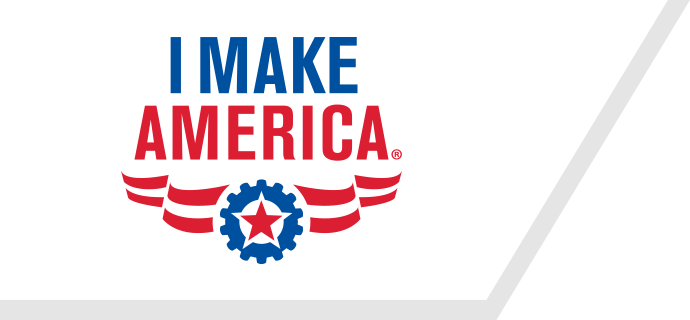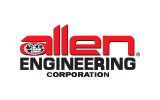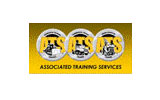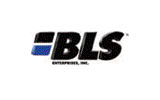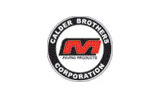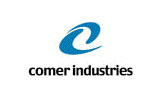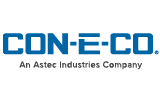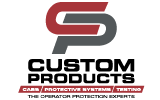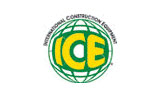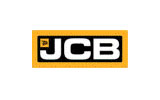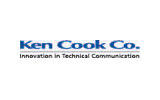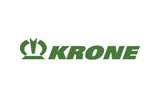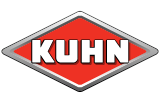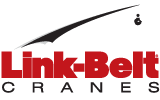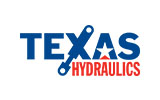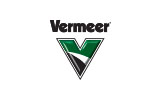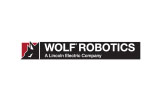
As the presidential campaign shifts into high gear for the closing weeks before Election Day, AEM had a chance to conduct a short interview with Mike Schmidt, a senior economic adviser to Hillary Clinton’s presidential campaign.
Schmidt was gracious enough to provide insight into specific issues affecting the equipment manufacturing industry, and how Clinton would address those issues if elected. Please find a copy of the exchange below.
AEM: Infrastructure doesn’t just mean roads and bridges — it includes unseen, underground systems like water pipelines, fiber-optic networks, and other energy transmission, storage and delivery assets. Some of those systems are in dire need of repair, replacement, and even rethinking. What solutions would Secretary Clinton propose to shore up those important systems and what public and private sector expertise and assistance would she recruit to develop new approaches to underground infrastructure?
Schmidt: We are dramatically underinvesting in our future. As a share of the economy, federal infrastructure investment today is roughly half of what it was thirty-five years ago. That’s why Hillary Clinton is committed to making the boldest investments in American infrastructure since Eisenhower built the interstate highway system. And she understands that infrastructure investment is about far more than just roads and bridges—as important as both of those priorities are. Her agenda also includes major new investments in broadband, electric grids, drinking and wastewater systems, and more. You can read more about it athttps://www.hillaryclinton.com/issues/.
AEM: A number of industry groups favor both tax reform and a major new infrastructure investment package in the next administration. But many tax reform and many infrastructure proposals both rely upon using repatriated corporate profits to finance those priorities, even though the expected revenue from repatriation might not cover the cost of both. Does Secretary Clinton believe that an infrastructure package and a tax reform effort are at odds?
Schmidt: Hillary Clinton is committed to paying for infrastructure investments through business tax reform. She does not believe these policies are at odds. To the contrary, tax reform and infrastructure investment can go hand-in hand, allowing us to make critical public investments in our long-term competitiveness while creating the right incentives to boost private investment here at home.
AEM: What would the Clinton campaign say to reassure manufacturers who rely on exports as a large portion of their sales, and who were supportive of pending agreements to expand access to foreign markets?
Schmidt: Unlike her opponent in this race, Secretary Clinton understands that the answer on trade is not to cut ourselves off from the world – after all, ninety-five percent of America’s potential customers live overseas. Instead, the answer is to finally making trade work for us, not against us. That’s why Secretary Clinton will only support trade deals that create good-paying jobs, raise wages, and enhance our national security. She also wants to dramatically ramp up trade enforcement — by appointing a new chief trade prosecutor and tripling the number of enforcement officers.
AEM: There are a number of manufacturers who produce farm machinery whose growth depends in large part on the success of America’s agricultural economy. What steps would Secretary Clinton take as president to promote a resurgent agricultural economy?
Schmidt: Secretary Clinton wants to ensure that America’s farmers and ranchers have the tools they need to succeed, and she’s put forward a plan to strengthen the country’s agricultural economy. She’ll invest in infrastructure that helps our farmers get their goods to customers. She’ll support important policies like the Beginning Farmer and Rancher Development program, which provides education, mentoring, and technical assistance to aspiring farmers and ranchers. She’ll work to build strong local and regional food systems, expand food hubs, farmers markets, and SNAP recipients’ access to fresh food. And she’ll encourage direct sales to local schools, hospitals, retailers and wholesalers.
AEM: Modern manufacturing jobs depend in many ways upon finding skilled workers, who are sometimes surprisingly scarce in some parts of the country. What steps would Secretary Clinton take to promote growing the skilled workforce to fill 21st Century manufacturing jobs?
Schmidt: This is an important question—and, again, Secretary Clinton has put forward an agenda to address it. First, she’ll work to allow federal student aid to be used toward high-quality career and technical training programs, expanding access to training programs that can provide lifelong skills. Second, she’ll support employers who invest in their workers by providing tax incentives to businesses that offer bona-fide apprenticeship programs. Third, she’ll fight to provide tuition-free community college for all Americans, so that they can seek skills, training, and degrees, and pursue their careers without worrying about the cost of tuition. And fourth, with strong industry input, she’ll expand nationwide credentialing, which can lead to more good-paying jobs in every state in the union.
AEM: Many construction and agricultural equipment products represent a large investment for contractors, farmers, or other manufacturing customers. What will Secretary Clinton do to help promote taxpayers’ ability to make prudent capital investments and reinvest in their businesses?
Schmidt: Secretary Clinton will provide tax relief and simplification for small businesses. She will allow small businesses to immediately expense up to $1 million in new investments, rewarding small businesses expanding factories or buying new equipment to boost growth and hiring. She’ll provide simplified “cash accounting” for all businesses with $25 million or less in gross receipts, and what she’s calling “checkbook accounting” for businesses with $1 million or less in gross receipts—making filing taxes as simple as maintaining a checkbook or printing a bank statement. She’s proposed a new standard deduction—like the one available to individual filers—that offers small businesses the option of taking a single, simple deduction for overhead costs. And she believes that we need a broader conversation on reforming our business tax code to encourage more investment here at home.
AEM: What strategies will Secretary Clinton consider to promote Critical Commerce Corridors, and help alleviate freight transportation bottlenecks that impede farmers’ and manufacturers’ ability to move their products to market?
Schmidt: Our insufficient freight infrastructure is preventing American businesses and farmers from reliably and efficiently moving their products to market, hurting U.S. consumers and damaging America’s ability to compete in the global economy. In fact, every year, U.S. businesses have to spend an extra $27 billion just in transportation costs because of congestion in our freight networks alone. That’s why Secretary Clinton has made freight investment a key priority in her infrastructure plan—pledging to at a minimum to initiate upgrades of the 25 most economically costly freight bottlenecks by the end of her first term. She will make smart, coordinated investments that upgrade our aging rail tunnels and bridges, expand congested highway corridors, eliminate dangerous at-grade railway crossings, and build deeper port channels to accommodate the newest and largest cargo ships.

